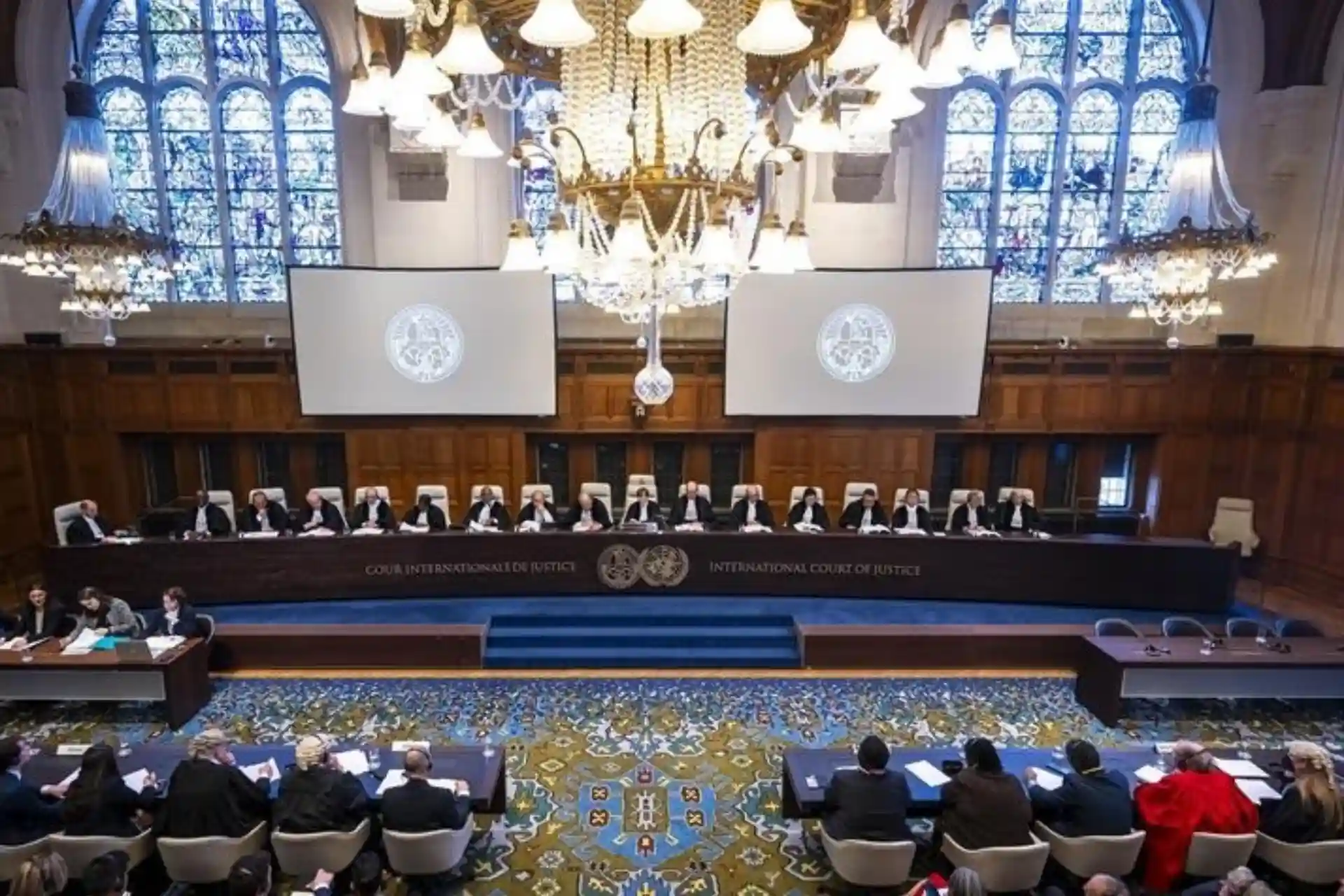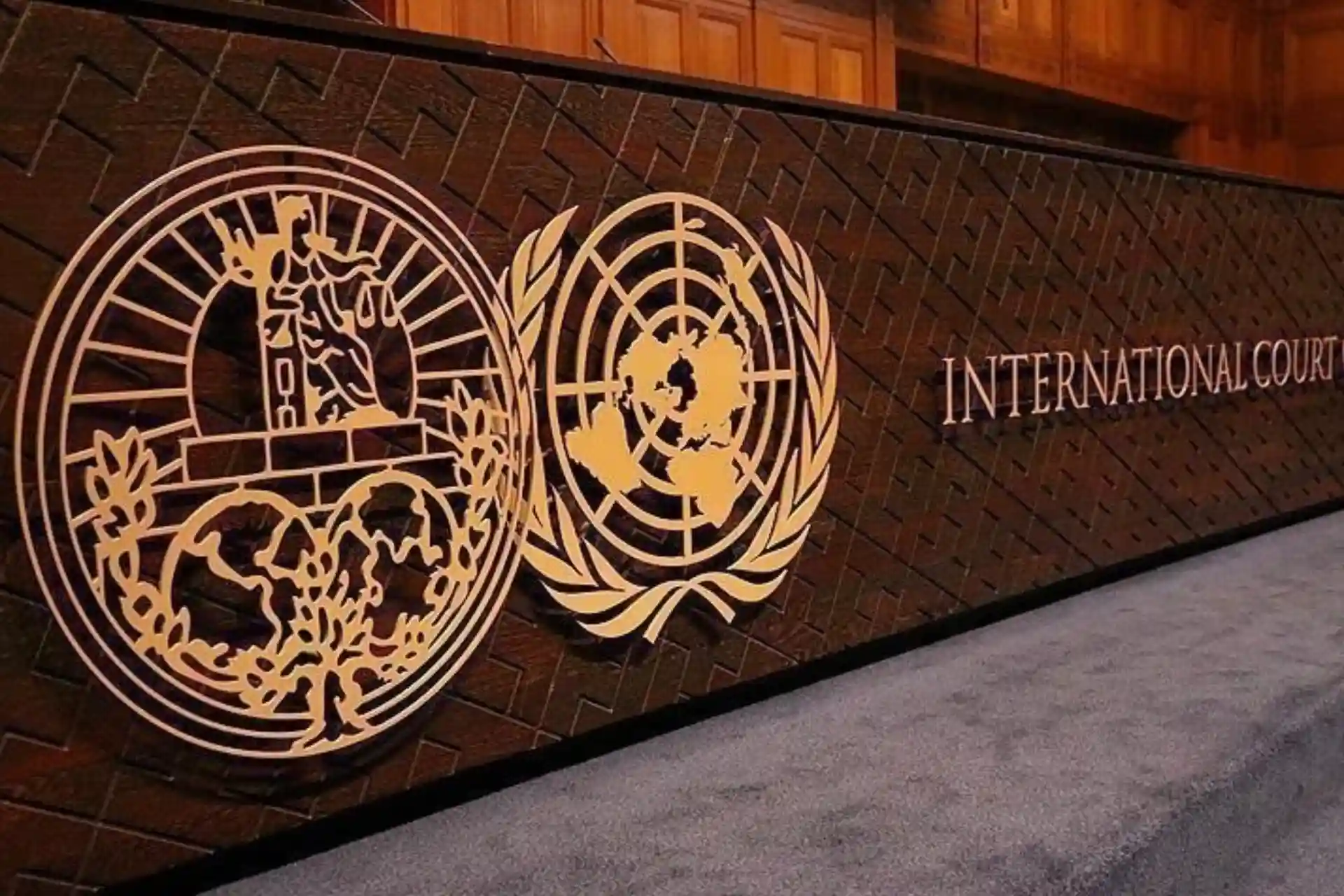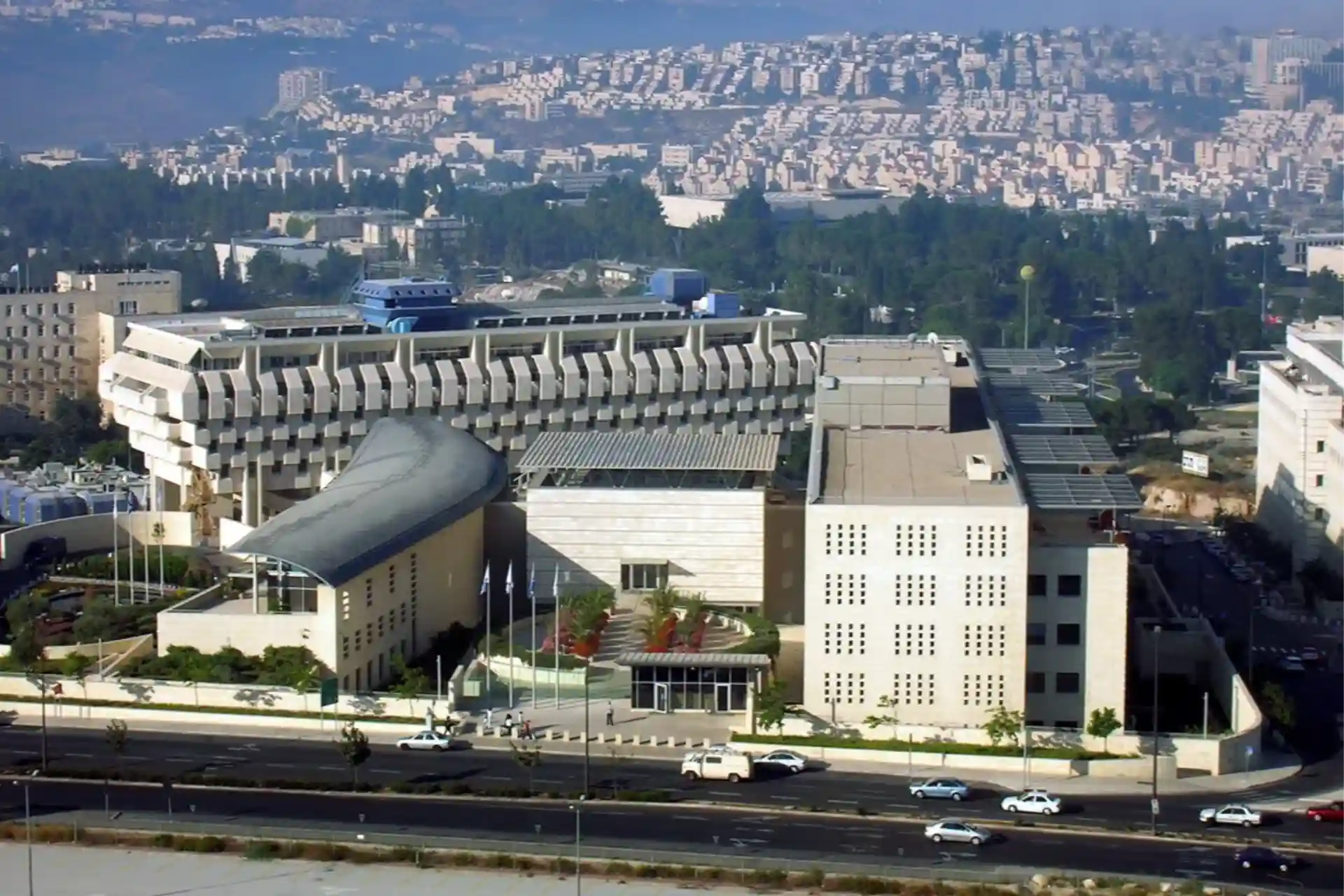What does the decision of the International Court of Justice against Israel mean?
On January 26, the UN International Court of Justice in The Hague issued a verdict on the lawsuit filed by the Republic of Kazakhstan accusing Israel of committing genocide against the Palestinians in Gaza. What does the decision, which was welcomed by most countries, especially the GCC, as well as the Hamas movement, and rejected by Israel and its allies, actually mean? Is this the final judgment or the beginning of a wider judgment against Israel? Azon Global studied this topic.
With its ruling on January 26, the International Court of Justice gave a glimmer of hope that Israel is not above international law or in a position beyond the reach of justice.
***
Hearings on safeguards requested in the case filed by the Republic of South Africa against Israel at the International Court of Justice on December 29, 2023 for flagrant violations of the Convention on the Prevention and Punishment of the Crime of Genocide (Genocide Convention), January 11-12, 2024 took place. The world community was eagerly awaiting the announcement of the results of these hearings. The court announced its decision yesterday. The International Court of Justice announced its decision so quickly - in 14 days - that it did not act so quickly even in the case brought by Ukraine against Russia in 2022 for violation of the Genocide Convention. In this regard, it is clear that both cases were compared and the horror of the massacre in Gaza was taken into account.
Temporary protection order
First of all, it should be noted that a court order on a protective order is an emergency order. Because if immediate measures are not taken, irreparable damage may occur. (Too late, actually!)
This decision, which at the initial stage can only be interpreted as a victory for South Africa's theses and a rejection of Israel's theses, does not mean that Israel's actions will ultimately be recorded as genocide. In fact, in the case of Bosnia-Serbia in 1993, some provisional measures of protection were granted in the same year, but in the final judgment issued 14 years later, no event was registered as genocide except the Srebrenica massacre.
On the other hand, interim measures are as binding as final decisions . After all, since 1999, there is no room for such doubts. The court's famous LeGrand decision that year put an end to any controversy on the matter. Although the defendant in this case, the United States of America (USA), did not comply with the interim measures ordered by the Court, the Court ultimately found the failure to comply with the interim measures to be a separate violation.
Therefore, Israel is obliged to comply with the decision issued against it yesterday. Within the framework of the adopted decision, there are 6 separate measures. Accordingly, the State of Israel shall:
In accordance with their obligations under the Convention on Genocide, the actions specified in Article 2 of this Convention against the Palestinians in Gaza (killing members of a certain social group, inflicting severe physical or mental harm on members of the group, degrading the living conditions of the group to the extent that it leads to the extinction of all or part of the group) , prevention of births) ;
not to allow his military units and subordinate military groups to carry out the actions specified in the previous article ;
restraining and punishing those who directly and openly incite and call for genocide against Palestinians ;
ensure the delivery of urgently needed basic services and humanitarian aid to Gaza to alleviate the dire living conditions faced by Palestinians ;
An obligation to take all necessary measures immediately and effectively to prevent the destruction and preservation of evidence of acts contrary to the Genocide Convention allegedly committed against members of Palestinian groups in the Gaza Strip.
In addition, he must submit a report to the Court on the implementation of the measures described in the judgment within 1 month.
What did South Africa demand, how was the decision made?
These measures are not all of the measures requested by South Africa. The presiding judge of the court, who already announced the decision, Judge Jean Donagh, noted that the court acted with some compromise in this matter.
The most surprising thing is that the demand for a complete cessation of hostilities was not fully accepted. This situation may have disappointed those who were waiting for the decision. At the same time, it would not be correct to say that nothing was said about the military operations. The implemented measure actually has a restrictive nature regarding the scope and form of practices. Because the statement's generality and openness to interpretation make it difficult to draw a clear conclusion, it could be the only meaning of military action "to ensure that it does not lead to a violation of the Genocide Convention."
Another South African demand was the obligation to punish all individuals, whether soldiers or civilians, found to have committed acts in violation of the Genocide Convention. It is also noteworthy that the current decision of the court is limited to those who have committed direct and overt acts of genocide.
In addition, the resolution obliges Israel to report within 1 month, not 1 week as requested by South Africa, which is clearly too long given the lethality of the current attacks. On the other hand, considering that the same commitment was 4 months in the 2019 M ʻ yanma case, 1 month can be interpreted as not too long. (I mean, thank goodness for that!) The most problematic issue with this measure is that it is limited to a single reporting obligation, with no obligation to submit additional reports in specific periods. This is contrary to both South Africa's request and the decision in the M ʻ yanma case.
It is also noteworthy that in justifying the precautionary measures taken, the reports and statements issued by the United Nations (UN) bodies and specialized agencies are widely referred to. Because it is often heard: "What is the use of so many statements and condemnations?" Questions such as these are answered here: If it were not for those efforts and statements, perhaps today it would not be possible to create a legal basis for the use of these precautionary measures. The unbearably dire information from all these sources, even the unverified interpretations of independent sources, ensured that the humanitarian disaster situation in Gaza was confirmed before the world public. Perhaps because of this, the decision was taken by an absolute majority, sometimes 15 to 2, sometimes 16 to 1. Even Israel-appointed judge Barak was forced to join some temporary protection measures.
With its ruling on January 26, the International Court of Justice gave a glimmer of hope that Israel is not above international law or in a position beyond the reach of justice. Of course, for this, the South African government, which has gone to great lengths to get the "World Court" to announce some judgments against Israel's brutal aggression, the South African panel of lawyers in this case, and the gathering of evidence of the atrocities that have taken place in Gaza under the most difficult conditions to date, and We owe it to everyone who managed to save it.



